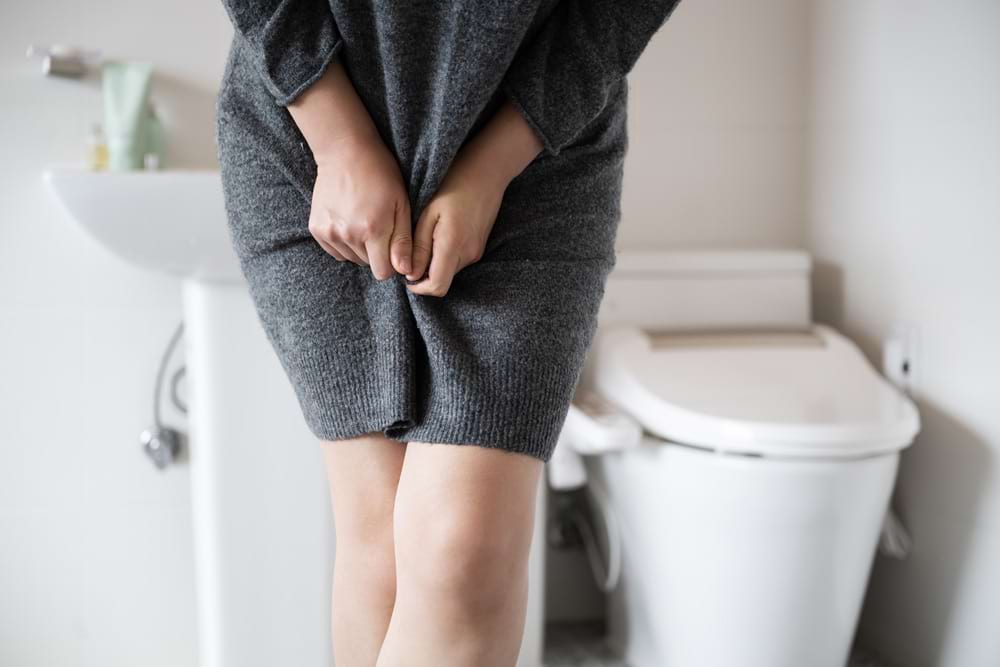
A burning feeling when you pee, pain, cramps and urgently needing to urinate – doesn't sound like a lot of fun. A new paper in the New Zealand Medical Journal has highlighted concerns about increasing ketamine use leading to more diagnoses of ‘ketamine bladder’, which can cause all these symptoms. But what actually is ketamine bladder?
Its official name is ‘ketamine induced cystitis’, and it’s where the lining of the bladder becomes inflamed and, in some cases, infected from repeated use of ketamine. Cystitis can cause ulcers and scar tissue to form in the bladder and urinary tract. In more serious cases, it can cause permanent damage to your whole urinary system - including your kidneys.
The strange thing is, we don’t quite know why ketamine bladder happens. The working theories are based around the idea that your body breaks down ketamine into components that can cause inflammation in your bladder. If this keeps happening, it can lead to more long-term damage.
This condition might be more common than you think. One study found that about 7% of people who used ketamine occasionally and 1 in 5 people who used ketamine frequently had symptoms of cystitis. The good news is that for most people, stopping or taking a break from ketamine can make their symptoms go away.
What are the symptoms of ketamine bladder?
The symptoms someone may experience are very similar to those of a UTI and can include:
- Pain in the pelvis area, genitals or back
- Feeling like you need to pee all the time
- Burning or stinging when you pee
- Pain during sex (especially for people with vaginas)
- Not being able to hold in your pee
These may be minor symptoms at first and get worse over time.

If your bladder feels a bit like this car, it's time to see a doctor.
When should I be worried about ketamine bladder?
Like most things, it’s best to get symptoms checked out as soon as possible. Leaving them for longer can make the problems much worse.
If you are experiencing any of the symptoms above, it might be time to make an appointment with your doctor. You don’t need to tell them that you have been using ketamine if you don’t feel comfortable.
If you are experiencing any of the following symptoms, you should urgently seek medical attention, as these are signs that something more serious might be going on:
- Very bad pain in pelvis, back or sides
- Blood in your pee
- Fever
- Difficulty peeing or lots of pain when peeing
- Nausea or vomiting
- Chills

Photo by Tim Wildsmith CC BY 2.0
Do I need to stop using ketamine if I have ket bladder?
It’s important to remember that not everyone who uses ketamine will develop ketamine bladder. Your risk of ketamine bladder is lower if you don't use it often and you don’t use a lot.
But a big question for people who have symptoms of ketamine bladder is ‘does this mean I can never use ketamine again?’. For most people, stopping the use of ketamine is often necessary to prevent these issues from getting worse. This might mean stopping altogether or taking a long break to allow your body to recover.
If you do use ketamine again after experiencing symptoms of ketamine bladder, it is important to keep an eye out for any of these popping up again. The more times it happens, the more likely it is to cause permanent damage.
If you are finding stopping ketamine difficult, you can contact the Alcohol & Drug Helpline on 0800 787 797 to find a support option that might work for you. Or check out our Finding support page for more info.
If you are on ketamine treatment prescribed by a doctor and develop ketamine bladder symptoms, it’s important to speak directly with them about your next steps.
Related stories
Recent stories
What is tusi (pink cocaine)?
It's pink, but it isn't cocaine or 2C-B. Here's what you need to know about tusi or pink cocaine.
What to do if your drink has been spiked
Here's what to do and support services you can contact if you think your drink has been spiked.
What is opioid substitution treatment?
Opioid substitution treatment is where people who are addicted to opioids (like heroin or morphine) can get a safer medicine instead.